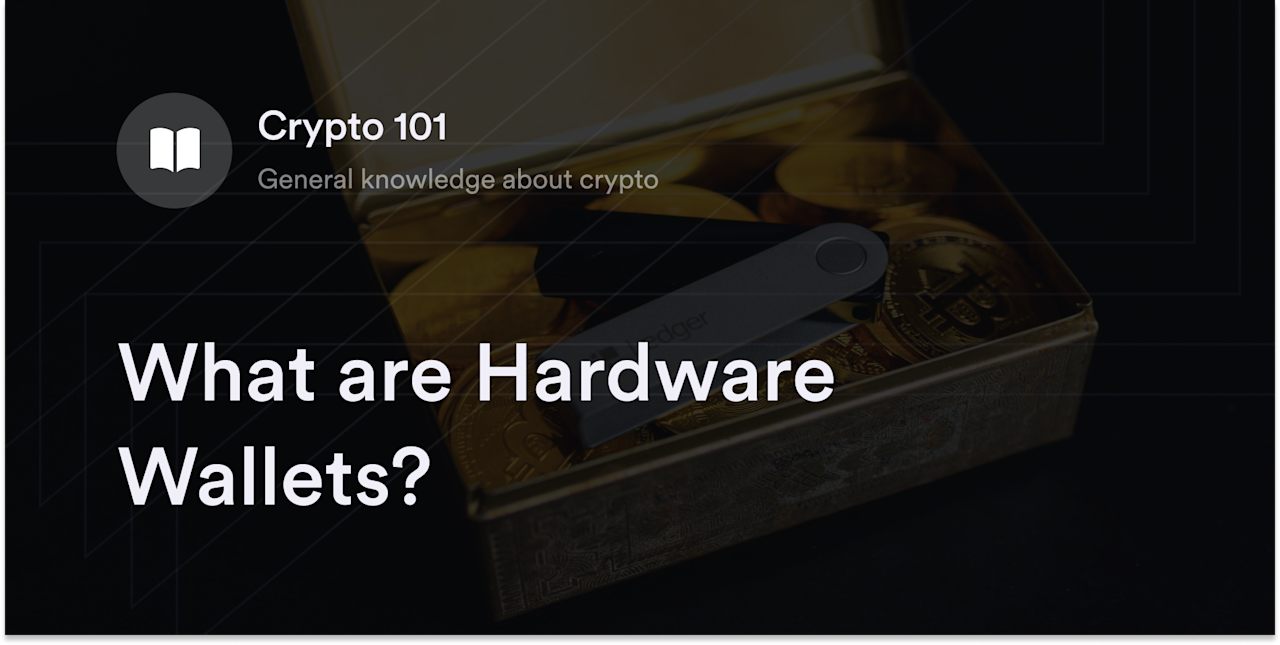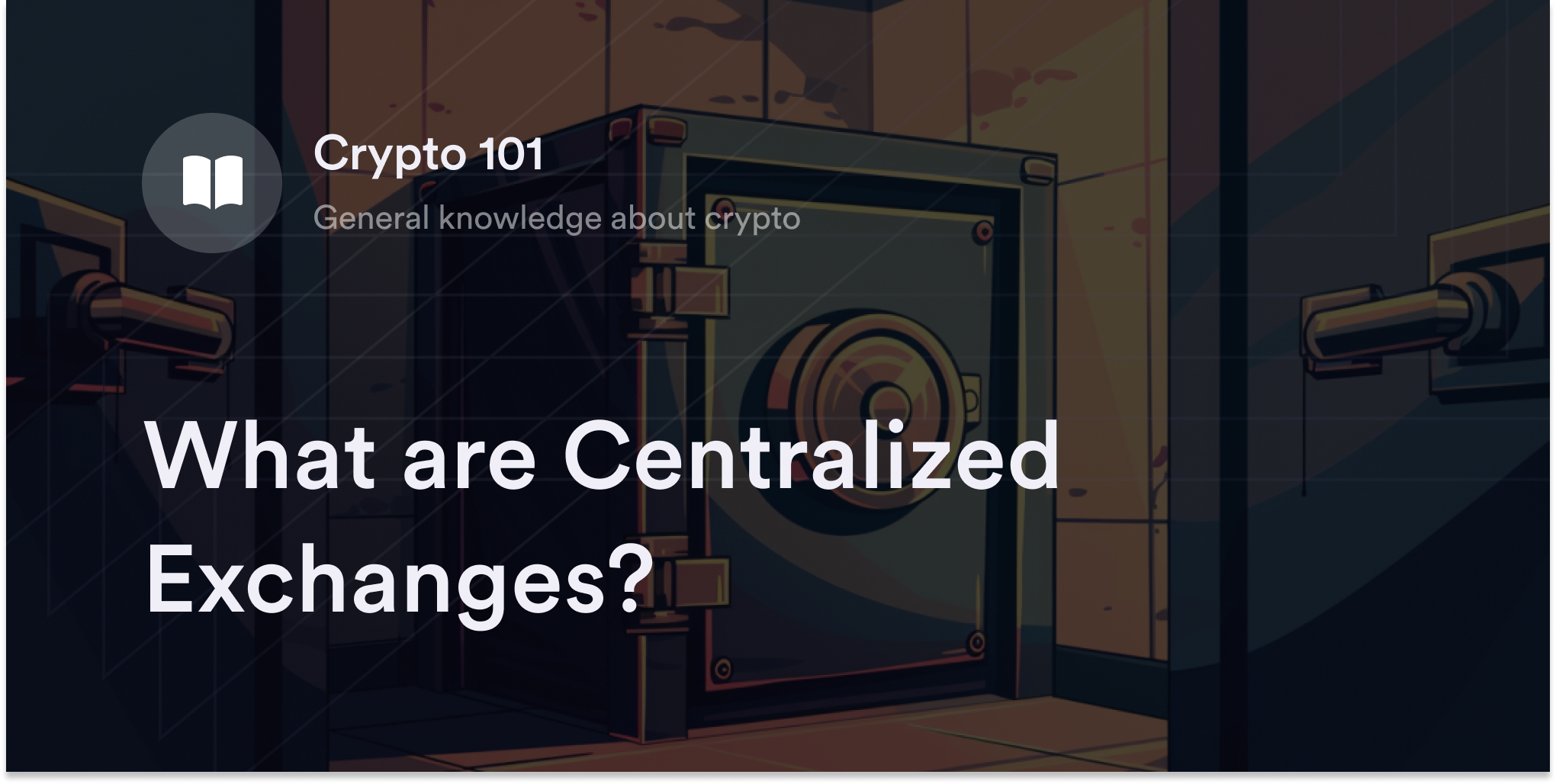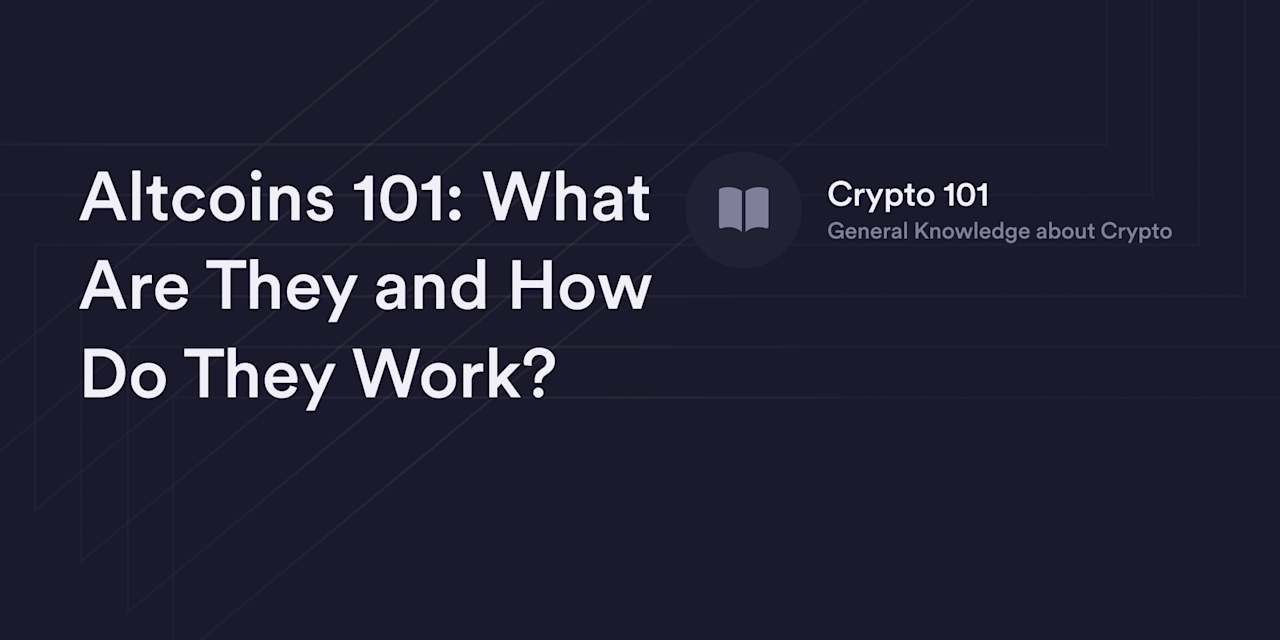


Transparency is a major factor behind the success of crypto assets like Bitcoin (BTC) and Ethereum (ETH). Whenever someone moves a cryptocurrency between blockchain addresses, this info gets broadcast and recorded on immutable online payment ledgers. Since every payment on these crypto networks is publicly viewable, keeping an organized list of transfers between wallets and building trust on peer-to-peer (P2P) networks are possible.
However, on the flipside, this system’s transparency also means it’s easy for anyone with access to these ledgers to track transactions 24/7. For some in the crypto community, this method of recording transfer history raises significant fears about online privacy.
In response to these concerns over online anonymity, some digital currency projects have deliberately tried to obscure transaction data while maintaining decentralization and user trust. Enter: privacy coins. These coins purport to be untraceable, making them some of the industry's most contested digital assets.
Here’s some of what you need to know about what privacy coins are, how they work, and why they're causing such a stir among the crypto community.
What are Privacy Coins in Crypto?
Privacy coins are a relatively new cryptocurrency category with advanced features, making it difficult to track peer-to-peer (P2P) transfers.
Other than Bitcoin, no publicly viewable payment ledger is associated with privacy coins. Instead, only the people who directly send and receive privacy coins know where they are. Besides their enhanced anonymity, privacy coins typically work like competing P2P payment coins on blockchains. The computers (aka nodes) on a privacy coin's blockchain verify, broadcast, and post transactions on the network, and node operators can receive crypto rewards each time they successfully process a new batch of transactions. People using privacy coins pay transaction fees (also called gas fees) to node operators every time they send their cryptocurrency on the blockchain.
How Do Crypto Privacy Coins Work?
Privacy coins––sans transparency––are fairly similar to Bitcoin. Here’s how they work:
Each privacy coin uses unique security mechanisms and programs to scramble transaction data while providing seamless P2P transfers. For example, some use a technology called zero-knowledge proofs (zk proofs) to process transactions without publishing specific wallet addresses or payment details. In a zk proof system, nodes need to solve difficult algorithms to prove the validity of their transaction information, but they don't need to share the details of each transaction for a blockchain to accept the results. Since the equations for zk proofs are so complex, if a computer puts in the time and effort to solve an algorithm, it's enough proof to process the transaction on the main blockchain. For instance, ZCash (ZEC) uses the zk technology to verify crypto transactions without revealing sensitive data.
Besides zk proofs, some privacy coins like Monero (XMR) use ring signatures, which can be performed by any group member, to deliberately mix confirmation data for one transaction from multiple crypto addresses, making it difficult for outside observers to distinguish who sent the genuine transfer. Monero also uses stealth addresses—or public wallet addresses that only work once per transaction—to add further complexity to their transfer process.
Note: Some privacy coins like Monero are "privacy by default," while others have an "optional" privacy feature. In the former, there's no way to opt out of private transactions. However, cryptocurrencies offering optional privacy functions (e.g., Dash or ZCash) let users decide when to hide a transaction. The transfers a trader chooses to keep private won't appear on an optional privacy coin’s payment details, but every other transfer is publicly viewable.
Pros and Cons of Privacy Coins
Crypto traders concerned with data tracking and online security often express the most interest in privacy coins. While these coins offer peace of mind in terms of online security, they aren't the most practical tool from a liquidity or regulatory perspective.
Here are a few pros and cons you should consider before trading privacy coins:
Pros of Privacy Coins
Limited traceability of cryptocurrency transactions: Privacy coins create a barrier between a trader's crypto wallet and the outside world, keeping transactions a secret. People who aren't comfortable posting their transaction data on a global online payment ledger prefer the anonymity privacy coins offer.
Censorship-resistant: Even with hi-tech decryption technologies, it's difficult for governments and cybersecurity agencies to break into privacy coins.
Fast and cheap P2P transactions: Each privacy coin has unique specifications and often has reasonable average gas fees and quick confirmation times. For example, Monero has average block confirmation speeds of two minutes and typical fees of a few cents or less.
Cons of Privacy Coins
Regulatory scrutiny and uncertainty: Since privacy coins hide personal data, some governing bodies have concerns they pose a significant security threat and aim to regulate or restrict them.
Close association with ransomware and cybercrime: Some hackers, to cover up their operations, only accept privacy coins as bribes. The increased prevalence of privacy coins in ransomware attacks gives it a close connection to criminal activity.
High volatility and low liquidity: Privacy coins tend to have volatile daily price action. And since they face significant scrutiny from regulatory bodies, some exchanges no longer offer trading services for these coins.
A List of Well Known Privacy Coins
There are dozens of privacy-focused altcoins listed on crypto price aggregator sites like CoinMarketCap and CoinGecko, but a few names tend to rank the highest in this category..
Monero (XMR): Created in 2014 by pseudonymous developer Nicolas van Saberhagen, Monero is a privacy coin using a proof-of-work (PoW) mining algorithm similar to Bitcoin. On the Monero blockchain, nodes compete to broadcast new transactions and receive XMR rewards. The difference between XMR and BTC is that the former uses extra features like ring signatures, stealth addresses, and ringCT to conceal transfer data. As the largest default privacy coin, Monero is a popular coin among hackers, making it one of the most controversial projects in the cryptocurrency sector.
ZCash (ZEC): Like Monero, ZCash is also based on Bitcoin's PoW design. As mentioned, a significant difference between ZCash and Monero is that the former's privacy feature is optional, so traders only hide their ZEC transfers when enabled. ZCash relies on zk proofs to verify transactions without revealing personal details or wallet information.
Dash (DASH): Originally called XCoin in its 2014 launch, Dash is a payment cryptocurrency project modeled on the Bitcoin blockchain. Although Dash initially focused on its privacy features, it's also a popular P2P payment method for merchants in many Latin American nations. Like ZCash, people who hold DASH need to enable the privacy feature on their crypto wallet to scramble their transaction data.
Litecoin (LTC): Dating back to 2011, Litecoin is one of the oldest altcoins based on Bitcoin's design and wasn't originally created to be a privacy coin. It’s still best known as a faster and more affordable cryptocurrency for microtransactions than Bitcoin. The crypto underwent an upgrade called MimbleWimble in 2022, resulting in Litecoin becoming a privacy coin and LTC holders being able to obscure their payment data.
Eligible Traders can Enjoy Transparent Crypto Perpetual Trading on dYdX
Whether you prefer swapping Bitcoin or altcoin derivatives, dYdX offers eligible traders a convenient and transparent decentralized exchange for perpetual swaps. Eligible traders only need a compatible crypto wallet to leverage our low-fee perpetual trading features, including slippage tolerance controls and up to 20x leverage. For more details on the latest crypto perps on dYdX's exchange, check out our blog for news and updates, and visit dYdX Academy for more guides and tips on crypto trading.
Eligible traders can start trading on dYdX today!
Disclaimer
The content of this article (the “Article”) is provided for general informational purposes only. Reference to any specific strategy, technique, product, service, or entity does not constitute an endorsement or recommendation by dYdX Trading Inc., or any affiliate, agent, or representative thereof (“dYdX”). Use of strategies, techniques, products or services referenced in this Article may involve material risks, including the risk of financial losses arising from the volatility, operational loss, or nonconsensual liquidation of digital assets. The content of this Article does not constitute, and should not be considered, construed, or relied upon as, financial advice, legal advice, tax advice, investment advice, or advice of any other nature; and the content of this Article is not an offer, solicitation or call to action to make any investment, or purchase any crypto asset, of any kind. dYdX makes no representation, assurance or guarantee as to the accuracy, completeness, timeliness, suitability, or validity of any information in this Article or any third-party website that may be linked to it. You are solely responsible for conducting independent research, performing due diligence, and/or seeking advice from a professional advisor prior to taking any financial, tax, legal, or investment action.
You may only use the dYdX Services in compliance with the dYdX Terms of Use available here, including the geographic restrictions therein.
Any applicable sponsorship in connection with this Article will be disclosed, and any reference to a sponsor in this Article is for disclosure purposes, or informational in nature, and in any event is not a call to action to make an investment, acquire a service or product, or purchase crypto assets. This Article does not offer the purchase or sale of any financial instruments or related services.
By accessing this Article and taking any action in connection with the information contained in this Article, you agree that dYdX is not responsible, directly or indirectly, for any errors, omissions, or delays related to this Article, or any damage, injury, or loss incurred in connection with use of or reliance on the content of this Article, including any specific strategy, technique, product, service, or entity that may be referenced in the Article.







